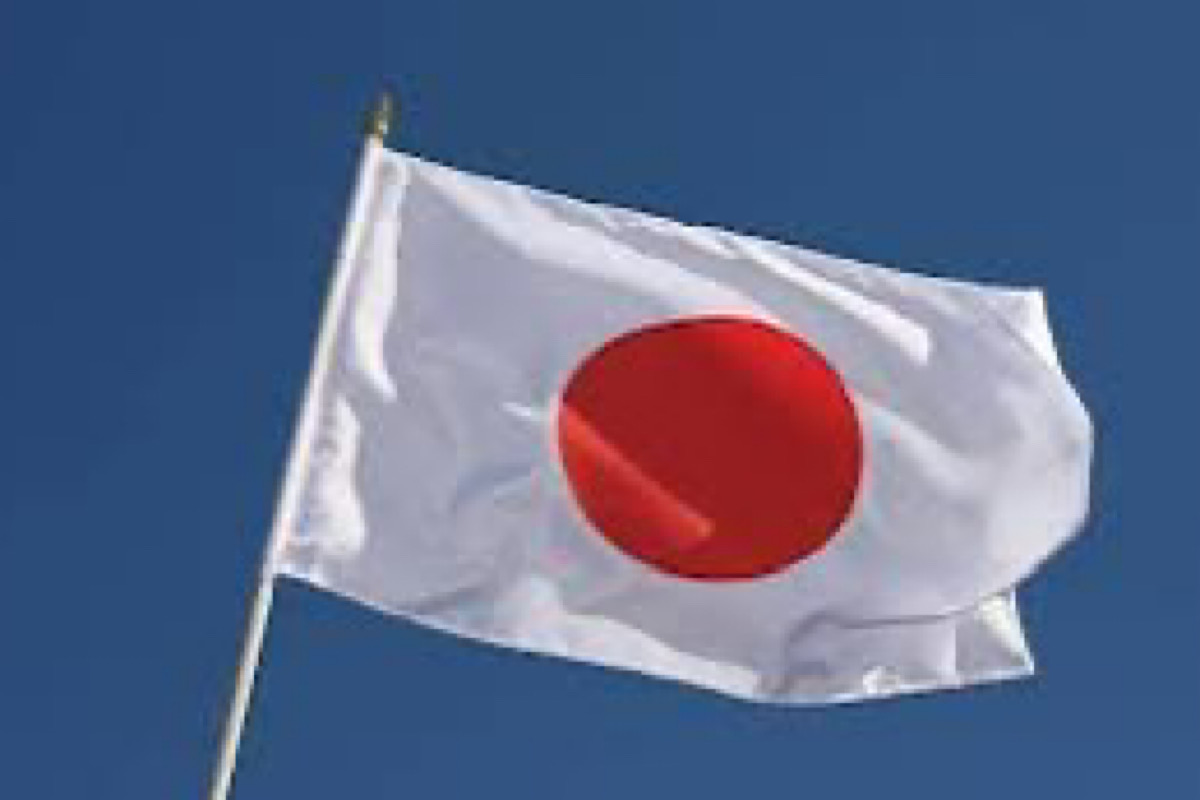Japan’s enduring economic challenges serve as both a cautionary tale and a beacon of resilience. The recent adjustments made by the Bank of Japan, including a cautious uptick in interest rates, may signal a departure from decades of stagnation, but beneath the surface lies a landscape still marred by structural obstacles. At first glance, the Bank’s decision to raise interest rates for the first time in over a decade appears to be a significant stride towards normalisation.
Coupled with a prolonged period of inflation surpassing the elusive 2 per cent mark, there is a palpable sense of optimism in financial circles. Yet, a closer examination reveals that these changes may be more symbolic than substantive. The heart of Japan’s economic problems lies in its demographic conundrum. An ageing population, coupled with a reluctance to embrace immigration, has resulted in a dwindling workforce and tepid consumer demand. While recent wage increases suggest a willingness among corporations to share the spoils of economic resurgence, the fundamental challenge of deploying surplus savings into productive ventures remains unresolved. It is a stark reminder that sustainable growth cannot be engineered solely through monetary policy adjustments.
Advertisement
Moreover, Japan’s towering debt-to-GDP ratio casts a long shadow over any semblance of economic buoyancy. Despite historically low interest rates, nearly a tenth of the government’s budget is consumed by debt servicing. Any significant monetary tightening akin to measures witnessed in other economies would risk tipping Japan into a perilous spiral of fiscal instability. The spectre of fiscal belt-tightening looms large, threatening to stifle any nascent economic momentum. Yet, amidst these challenges, Japan’s resilience shines through. Despite sluggish GDP forecasts, growth in output per worker remains robust, a testament to the country’s unwavering commitment to technological innovation and efficiency gains.
However, Japan’s trajectory remains distinct from the rest of the world. Its economic journey is not merely about mimicking the policies or outcomes of other nations but charting a course that aligns with its unique circumstances. While the global community may draw lessons from Japan’s experiences, it must also recognise the nuances and intricacies that define its economic landscape. Japan’s economy stands at a crossroads, poised between the promise of change and the weight of entrenched challenges.
The recent adjustments in monetary policy offer a glimmer of hope, but the road to sustained prosperity remains arduous. As the world watches, Japan’s story serves as a reminder that economic resilience is forged not in grand gestures but in the steady grind of addressing fundamental issues. Amidst these challenges, Japan’s journey holds valuable lessons for the global community. Its unique blend of tradition and innovation, coupled with a steadfast commitment to resilience, offers insights into navigating turbulent economic waters. As other nations grapple with their own economic dilemmas, Japan’s experience suggests pragmatism and perseverance.











